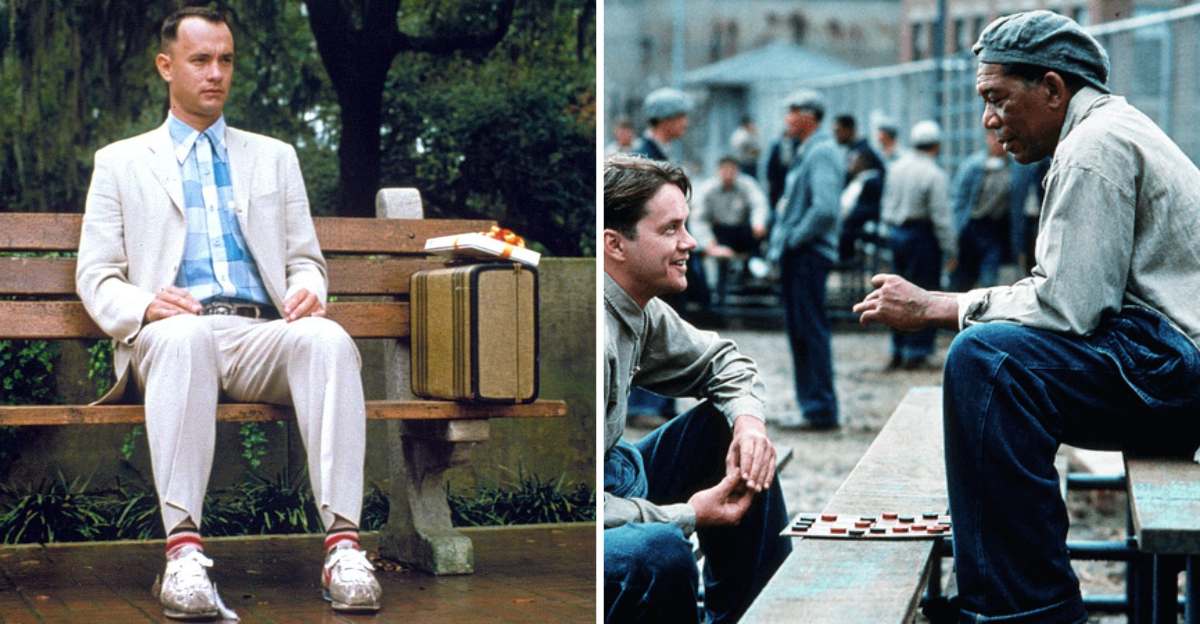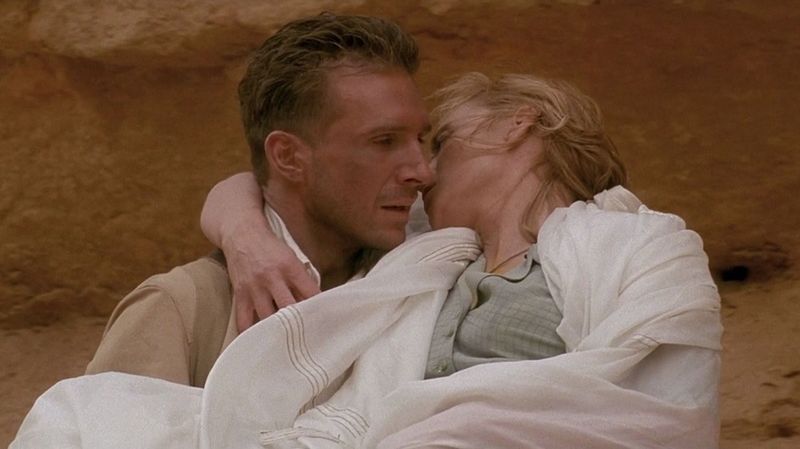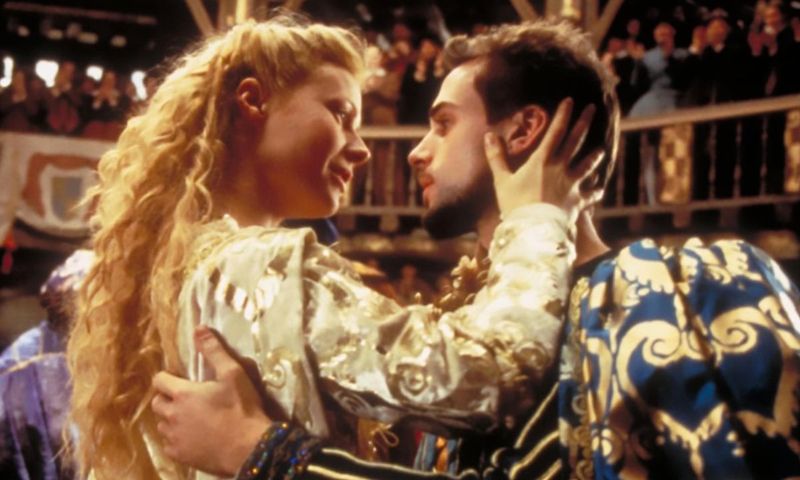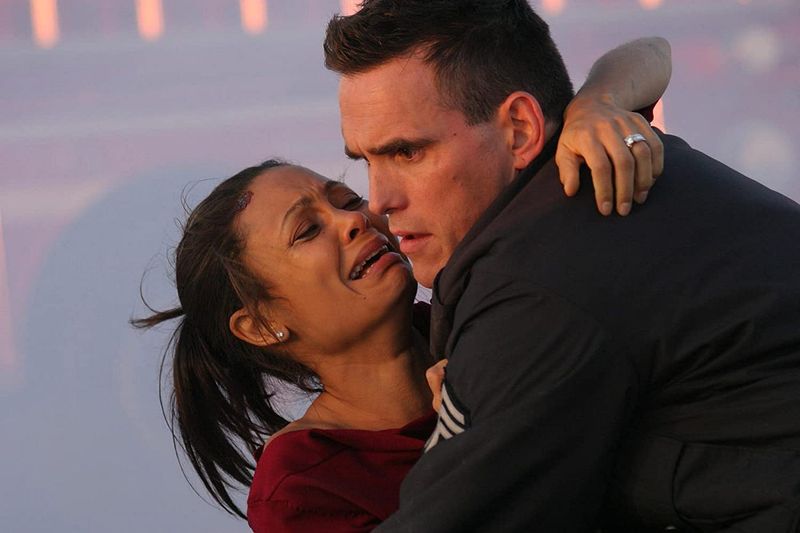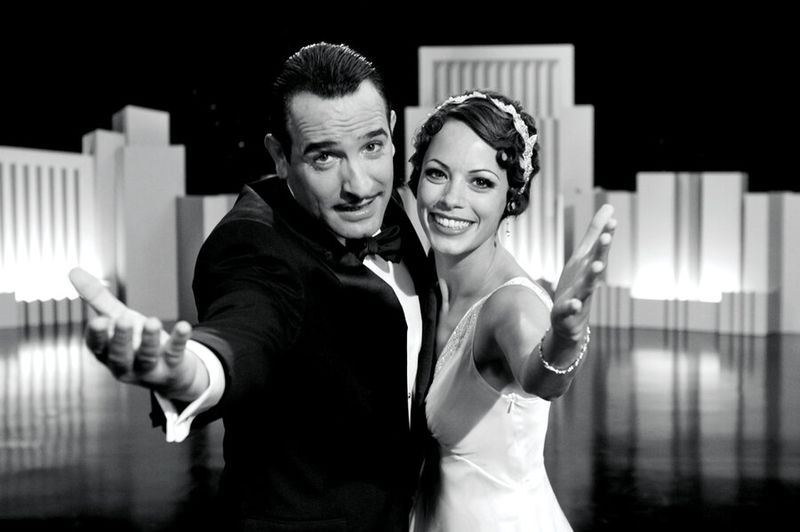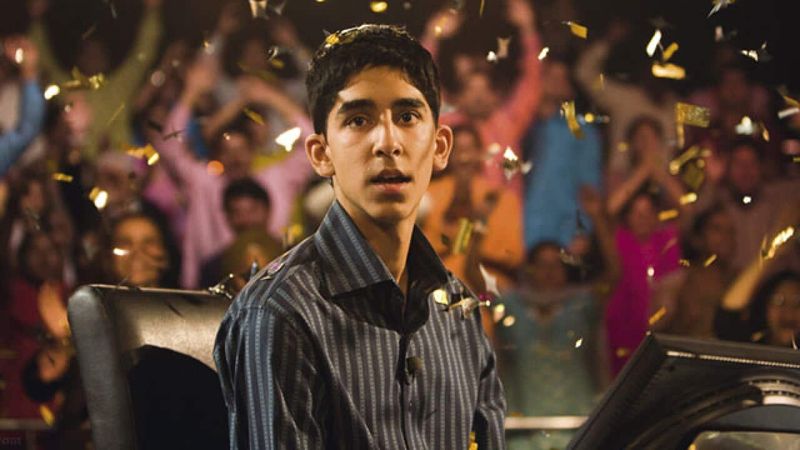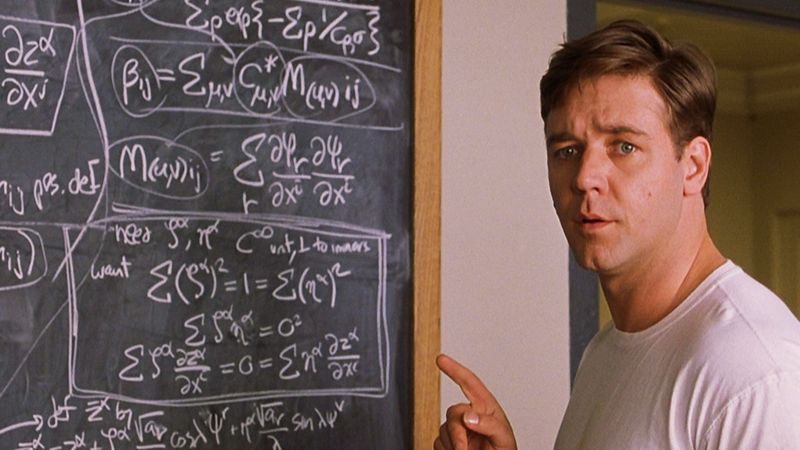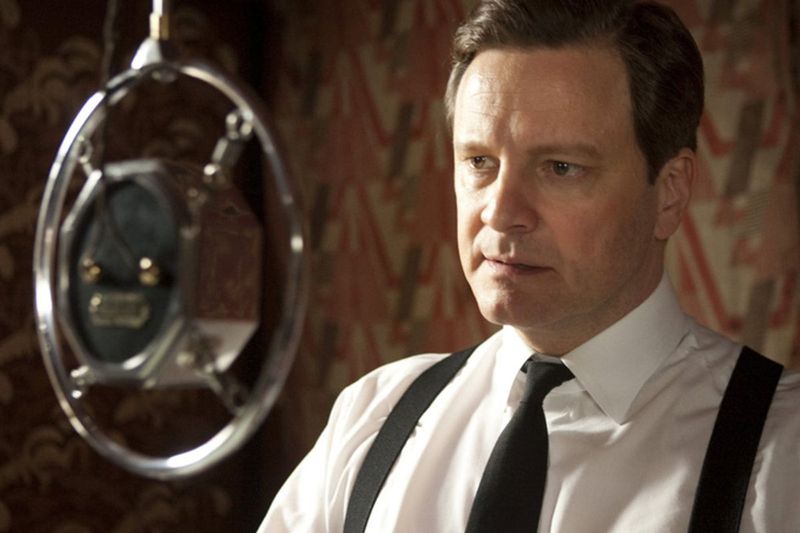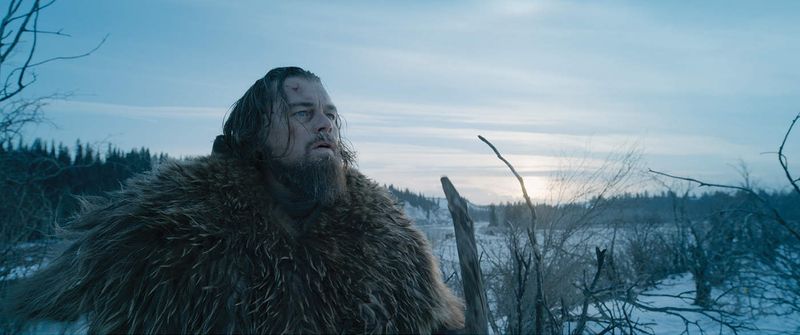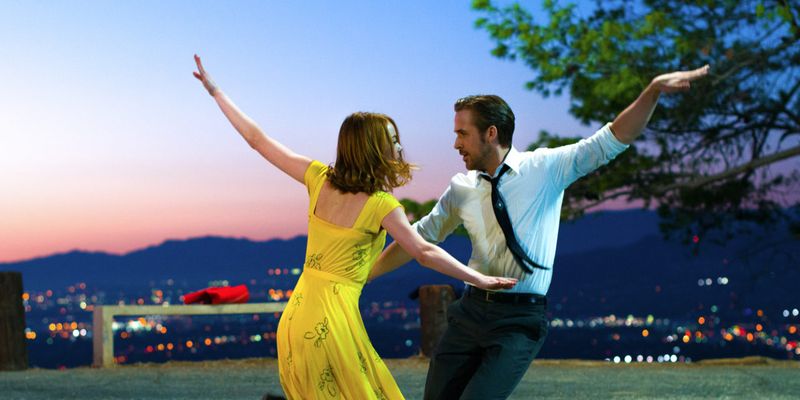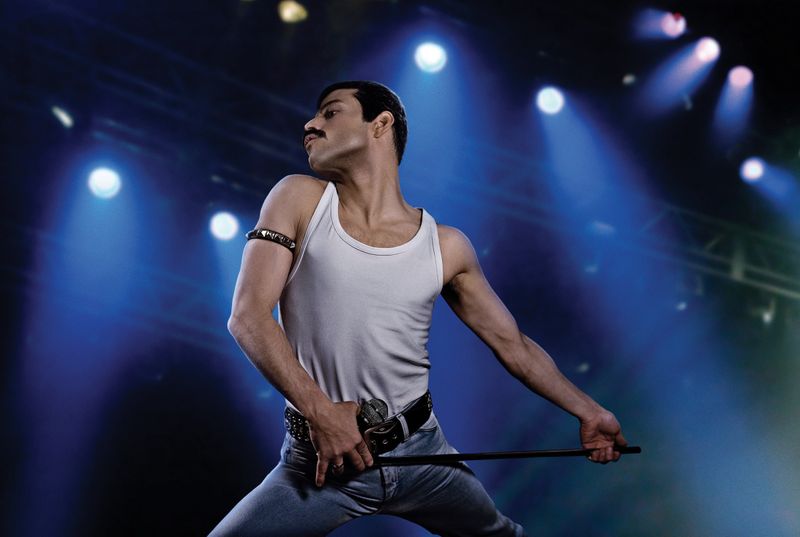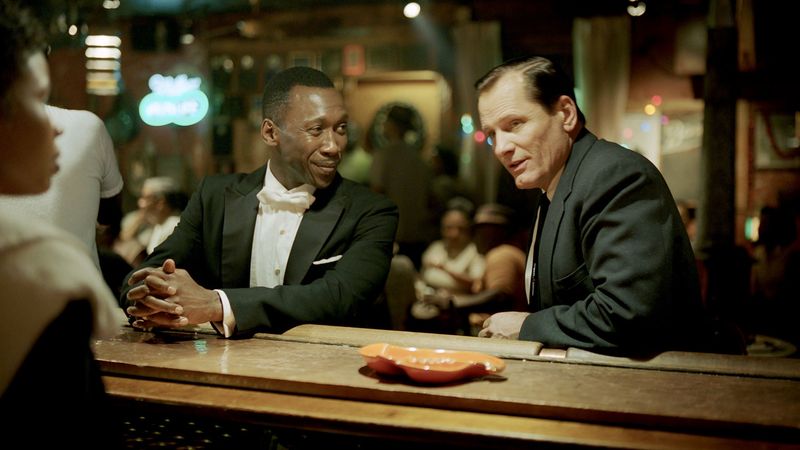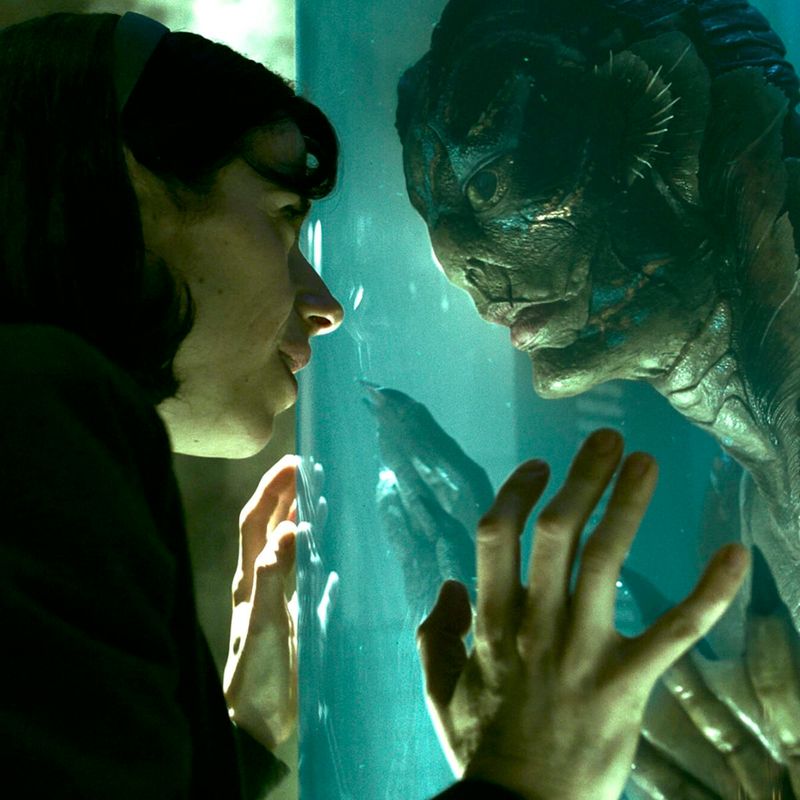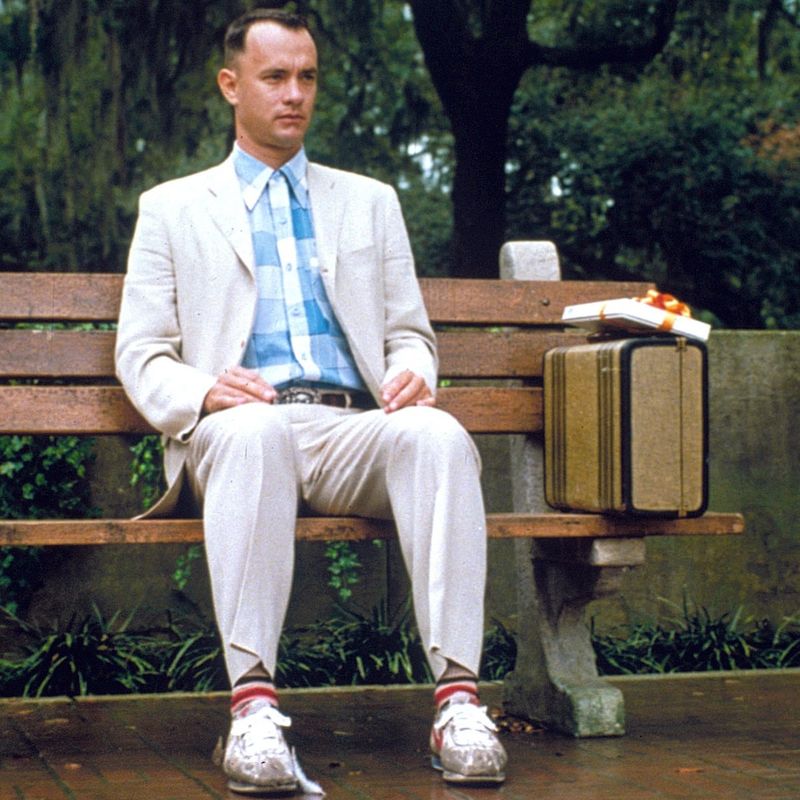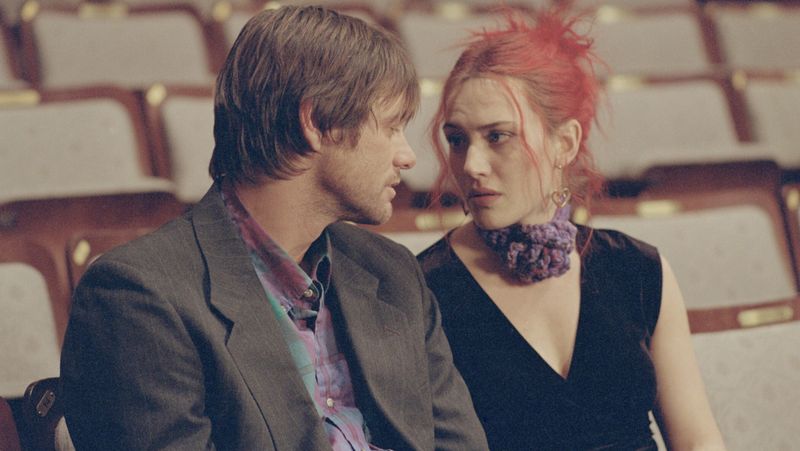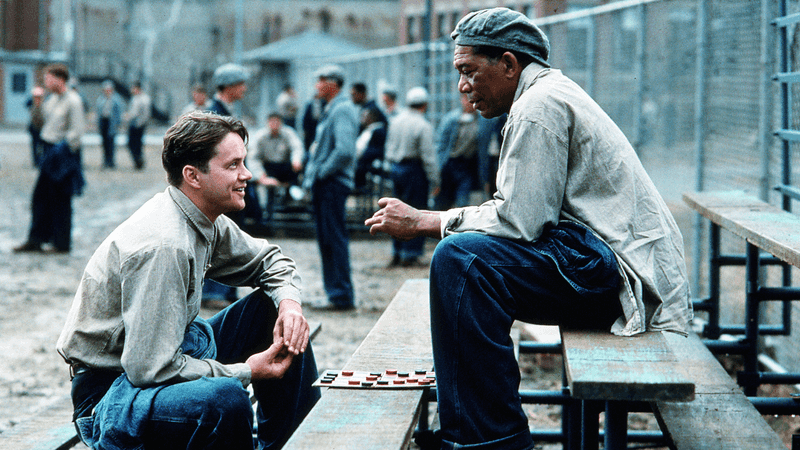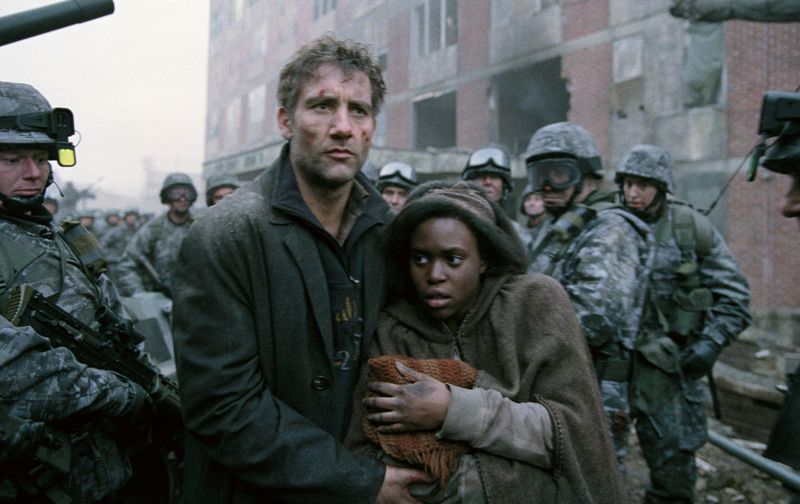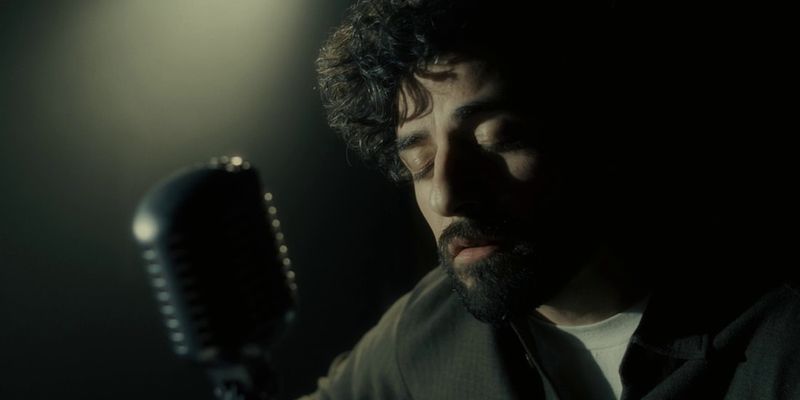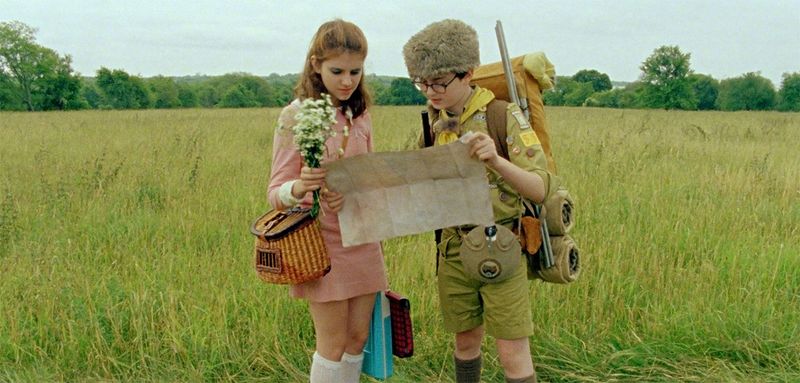The Academy Awards are notoriously controversial, with debates often raging about which films truly deserved recognition and which were perhaps more style over substance. Here, we examine 13 films that didn’t quite live up to their Oscar hype, alongside 7 gems that flew under the radar, deserving far more acclaim than they received.
1. The English Patient (1996)
Once hailed as a cinematic triumph, “The English Patient” captivated audiences with its sweeping desert vistas and tragic romance. Yet, many argue that its languid pace and overlong runtime overshadow the film’s few emotional peaks.
The love story, while beautifully shot, feels more meandering than moving, leaving some viewers yearning for more substance and less spectacle.
Despite its nine Oscar wins, the film’s legacy is divided. Some see it as a masterpiece; others, a drawn-out epic that could have benefited from tighter editing.
2. Shakespeare in Love (1998)
“Shakespeare in Love” charmed its way to Best Picture, but not without stirring debate. Its witty script and romantic twist on the Bard’s life entertained many, yet some feel it pales in comparison to its competitors.
The film’s playful tone and historical liberties spark mixed reactions, leaving purists craving authenticity over embellishment.
While undeniably clever, its Oscar win over “Saving Private Ryan” remains contentious, perceived by some as a triumph of style over substance.
3. Crash (2004)
Winning Best Picture, “Crash” sought to tackle racial tensions but ended up dividing audiences. Its interwoven narratives aimed to illuminate the complexities of prejudice, yet some saw contrived coincidences rather than nuanced storytelling.
Critics argue its heavy-handed approach undermined its noble intentions, leaving a lasting debate on its true impact.
While some viewers laud its ambition, others find its execution lacking, questioning its Oscar triumph over more subtle contenders like “Brokeback Mountain.”
4. The Artist (2011)
“The Artist” evoked nostalgia for silent cinema, charming its way to Oscar glory. Its novelty and homage to a bygone era captivated many, yet some critics felt its charm was skin-deep.
The film’s silent gimmick, while initially endearing, may not sustain viewers seeking depth and innovation.
Despite winning Best Picture, its impact feels ephemeral, more a tribute than a transformative cinematic experience.
5. Slumdog Millionaire (2008)
“Slumdog Millionaire,” with its rags-to-riches narrative, swept the Oscars. Its exuberant portrayal of Mumbai’s underbelly interspersed with gripping quiz show drama resonated globally.
However, some critics argue the narrative oversimplifies complex socio-economic issues, opting for Hollywood gloss over gritty realism.
While its spirited storytelling won hearts and accolades, the film’s portrayal of poverty and destiny sparked debate on its authenticity and depth.
6. A Beautiful Mind (2001)
John Nash’s life story in “A Beautiful Mind” captivated audiences, earning accolades for its portrayal of genius and madness. Yet, some feel the film oversimplifies Nash’s struggles, glossing over the complexities of his mental illness.
Critics point out that the film’s romanticized narrative may detract from a more nuanced exploration of schizophrenia’s impact.
While lauded for its performances, some argue that its Oscar win was driven more by sentiment than substance.
7. The King’s Speech (2010)
With its tale of royal perseverance, “The King’s Speech” won audiences and Oscars alike. Its portrayal of King George VI’s battle with speech impediments was heartfelt, yet some critics found the depiction overly simplistic.
The film’s focus on personal triumph over adversity overshadowed broader historical context, leading to a split in critical reception.
While undeniably touching, some question whether its Oscar sweep overshadowed more daring nominees.
8. The Revenant (2015)
“The Revenant” stunned with its visceral portrayal of survival, yet opinions diverge on its merit. Its breathtaking visuals and intense performances won acclaim, but some question the film’s depth beyond its savage surface.
Critics suggest that the relentless focus on suffering detracts from a more layered narrative.
While its Oscar win for Best Director is celebrated, its overall legacy provokes debate, with some favoring more nuanced storytelling.
9. La La Land (2016)
Lauded for its musical vibrancy, “La La Land” captured imaginations but didn’t escape divisive opinions. Its homage to classic Hollywood musicals charmed many, yet some found its narrative lacking depth.
Critics argue that its romanticized portrayal of Los Angeles may overshadow the film’s exploration of ambition and love.
Despite initial Oscar mix-up, the film’s impact remains polarizing, with some questioning its cultural resonance.
10. Bohemian Rhapsody (2018)
“Bohemian Rhapsody” dazzled audiences with its electrifying portrayal of Freddie Mercury’s life. Yet, not everyone was convinced; critics noted the film’s simplistic narrative and historical inaccuracies.
While Rami Malek’s performance was widely praised, some argue the film’s Oscar win for Best Editing was undeserved.
The film’s celebration of Queen’s legacy is undeniable, but its execution sparked debate over artistic liberties taken.
11. Green Book (2018)
“Green Book” took home Best Picture, but not without controversy. Its heartwarming tale of friendship amidst racial tensions was praised, yet some felt it simplified complex issues.
The film’s perspective, criticized for centering on a white savior narrative, sparked debate over its historical representation.
While charming audiences, its Oscar win remains contentious, with discussions on its portrayal of race relations continuing.
12. The Shape of Water (2017)
Celebrated for its imaginative storytelling, “The Shape of Water” enchanted viewers and critics alike. However, its whimsical romance between a woman and an aquatic creature left some unimpressed, citing it as overly fantastical.
While the film’s visuals and direction were lauded, some argue that its narrative lacked depth and originality.
Its Best Picture win sparked discussions on the balance between creativity and substance in Oscar selections.
13. Forrest Gump (1994)
“Forrest Gump,” beloved for its heartwarming tale, won Oscars but also critics. Some argue its portrayal of historical events through a simplistic lens undermines deeper societal insights.
Tom Hanks’ performance remains iconic, yet debates persist on whether the film’s sentimental approach overshadowed more complex narratives.
While its cultural impact is undeniable, discussions on its merit versus other contenders continue.
14. Eternal Sunshine of the Spotless Mind (2004)
“Eternal Sunshine of the Spotless Mind” remains a cult favorite despite its Oscar snub. Its inventive narrative and exploration of memory and love captivated audiences, earning a place in cinematic history.
The film’s imaginative storytelling and emotional depth left some wondering why it didn’t receive greater Academy recognition.
While it won Best Original Screenplay, many believe its impact warranted more Oscar attention, particularly for its innovative direction and performances.
15. The Shawshank Redemption (1994)
Despite its initial box office struggles, “The Shawshank Redemption” emerged as a beloved classic. Its powerful tale of hope and friendship within the confines of prison resonated deeply with viewers.
Critics praised its storytelling and performances, yet the film went largely unrewarded at the Oscars, only receiving a few nominations.
Today, its legacy endures, with many citing it as a movie that deserved more Academy recognition for its lasting impact.
16. Children of Men (2006)
“Children of Men,” overlooked at the Oscars, presents a gripping vision of a dystopian future. Its intense narrative and remarkable cinematography drew critical acclaim, yet it failed to secure major awards.
The film’s exploration of hope amidst despair resonates profoundly, highlighting its significance in the sci-fi genre.
Though praised by many, its lack of Oscar wins left fans questioning the Academy’s recognition of innovative filmmaking.
17. The Grand Budapest Hotel (2014)
Wes Anderson’s “The Grand Budapest Hotel” delighted audiences with its quirky charm and visual flair. Its vibrant storytelling and unique aesthetic earned it multiple nominations, yet many felt it deserved more accolades.
The film’s whimsical yet poignant narrative captured the imagination, leaving some wondering if its artistic creativity was fully recognized by the Academy.
While it won several technical awards, its omission from major categories remains a topic of discussion among fans.
18. Inside Llewyn Davis (2013)
“Inside Llewyn Davis” offered a melancholic glimpse into the 1960s folk music scene, yet the Oscars overlooked its artistry. The film’s introspective narrative and soulful performances received critical acclaim but lacked major award recognition.
Its portrayal of artistic struggle and perseverance resonated with many, sparking debate on its Oscar snub.
Today, it stands as a testament to the Coen Brothers’ storytelling prowess, leaving audiences reflecting on its enduring impact.
19. Moonrise Kingdom (2012)
“Moonrise Kingdom,” a whimsical tale from Wes Anderson, charmed viewers with its nostalgic portrayal of young love and adventure. However, the film received limited Oscar recognition, sparking debate among fans and critics.
Its unique visual style and heartwarming story captured imaginations, leaving some questioning its lack of major awards.
Despite this, the film endures as a beloved classic, celebrated for its artistry and attention to detail.
